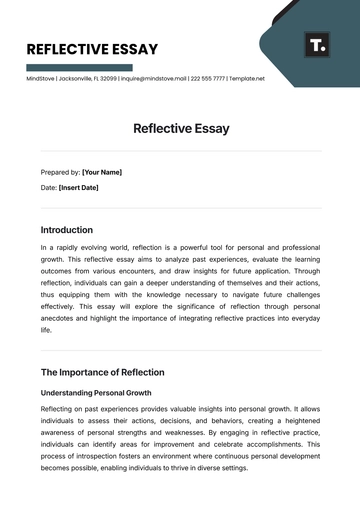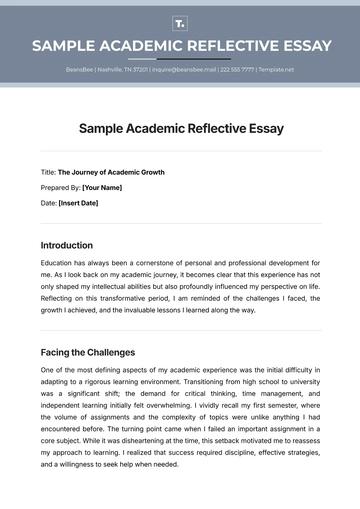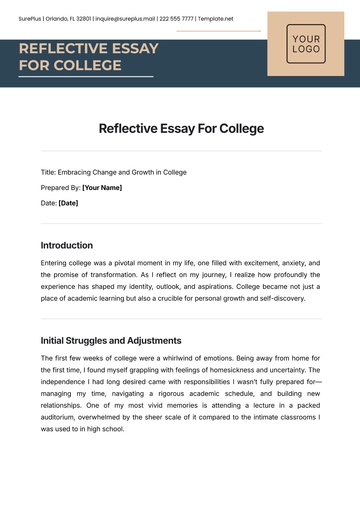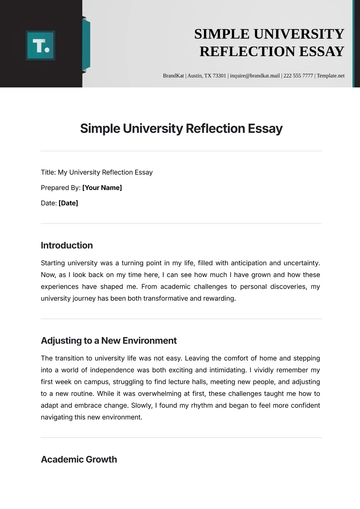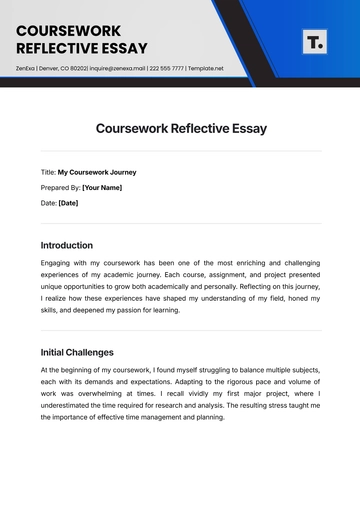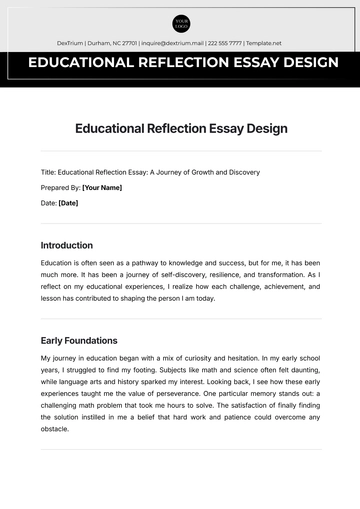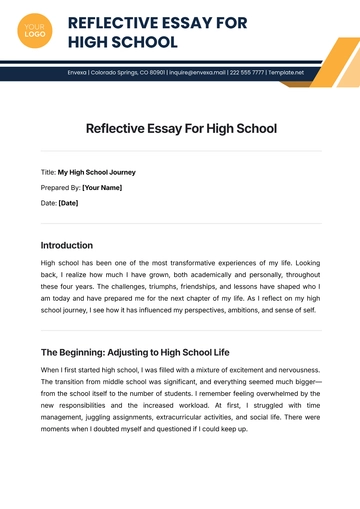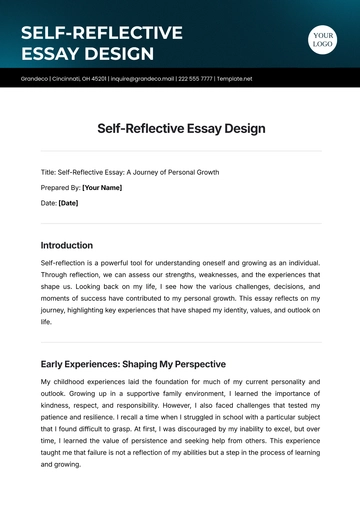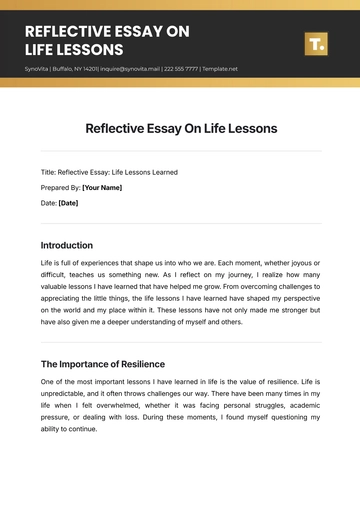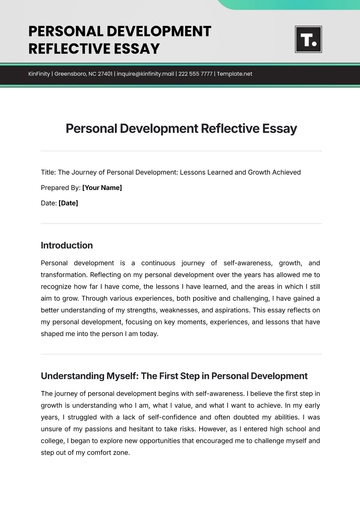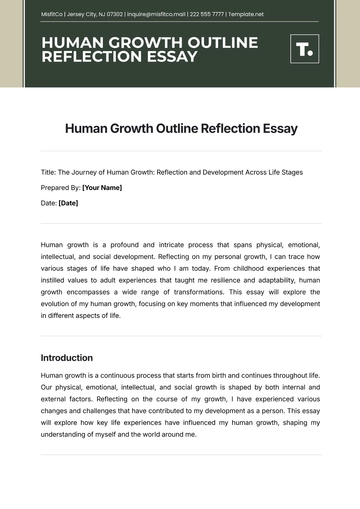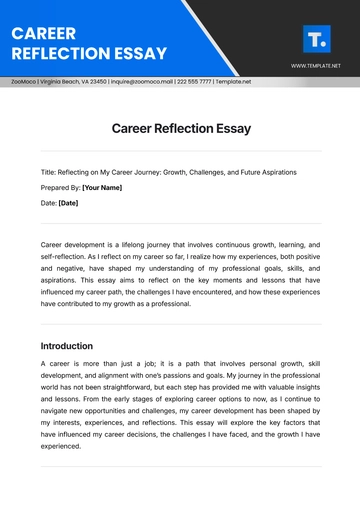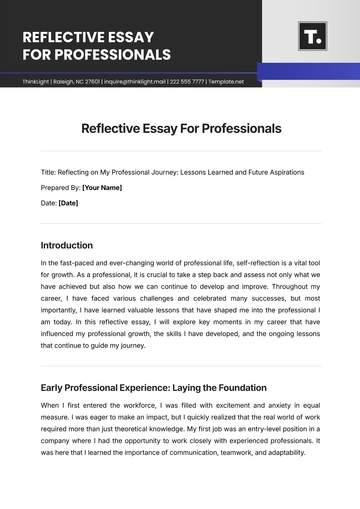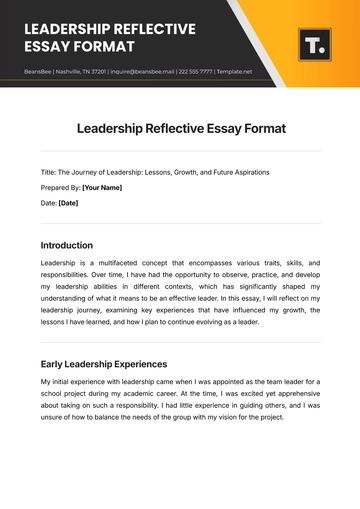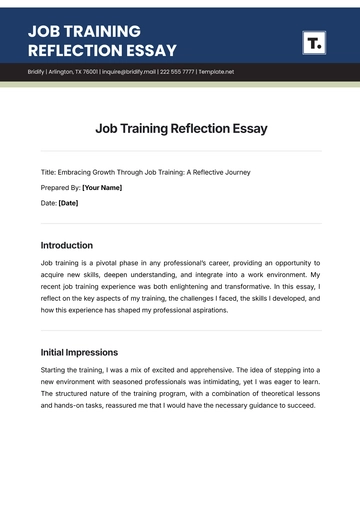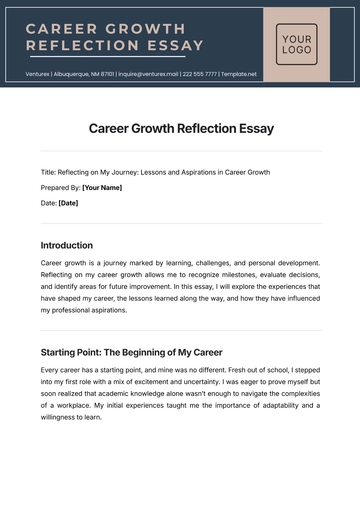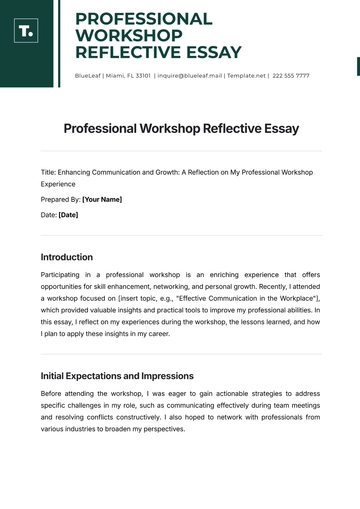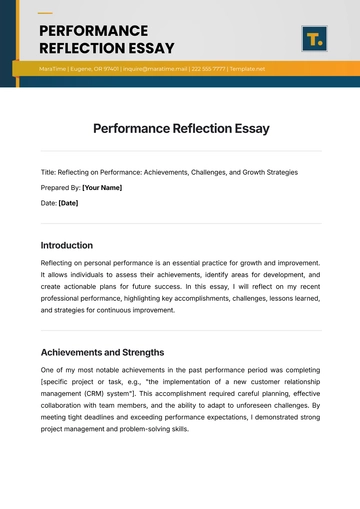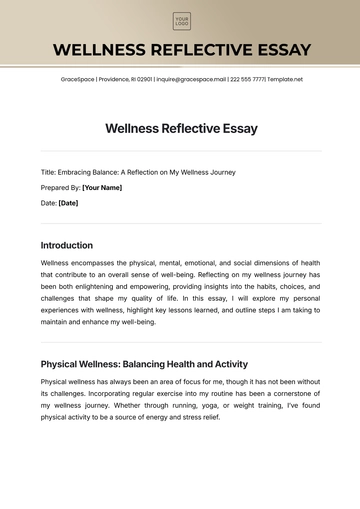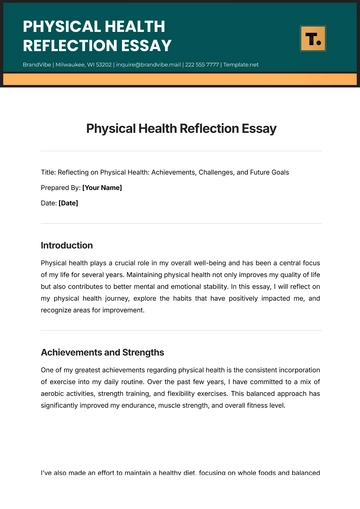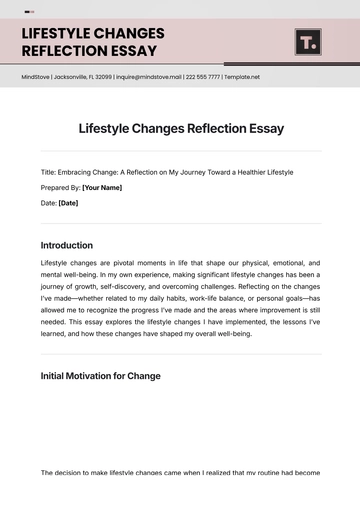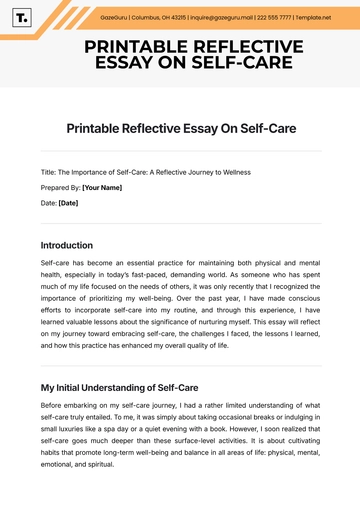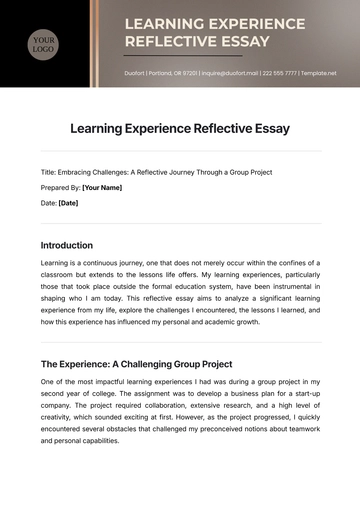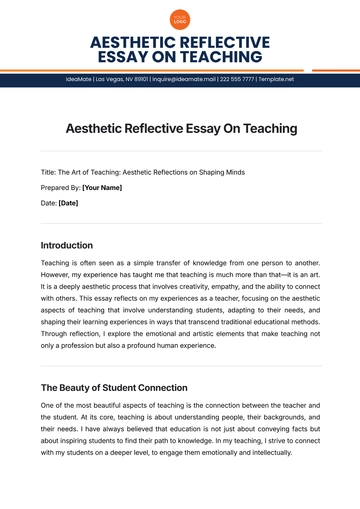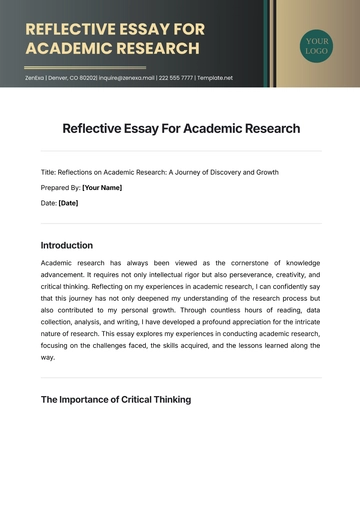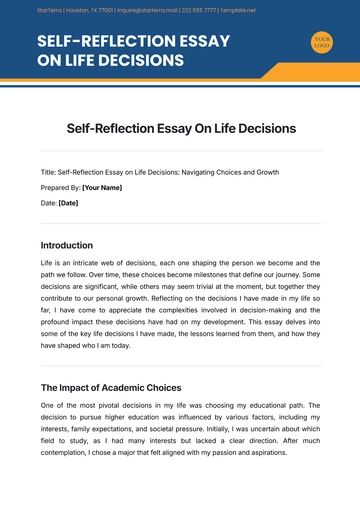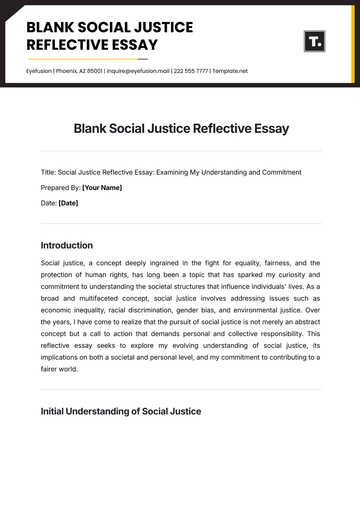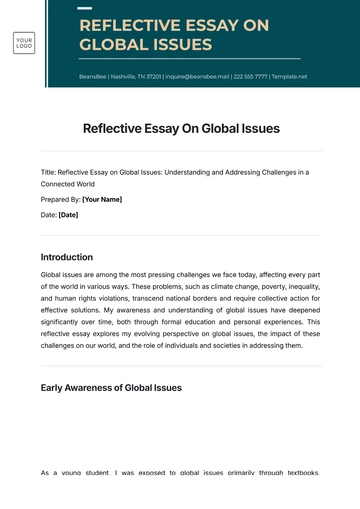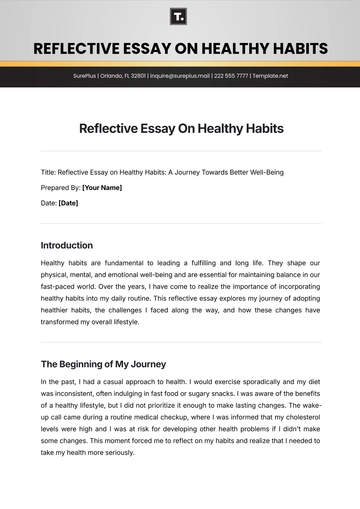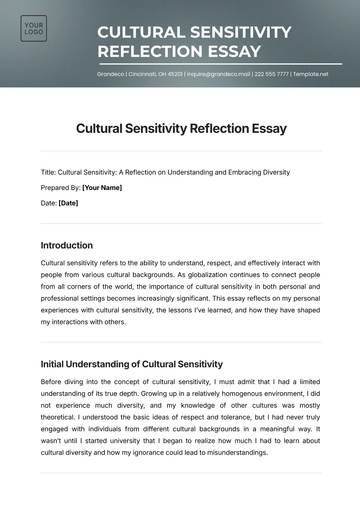Free Fake News on Social Media Expository Essay
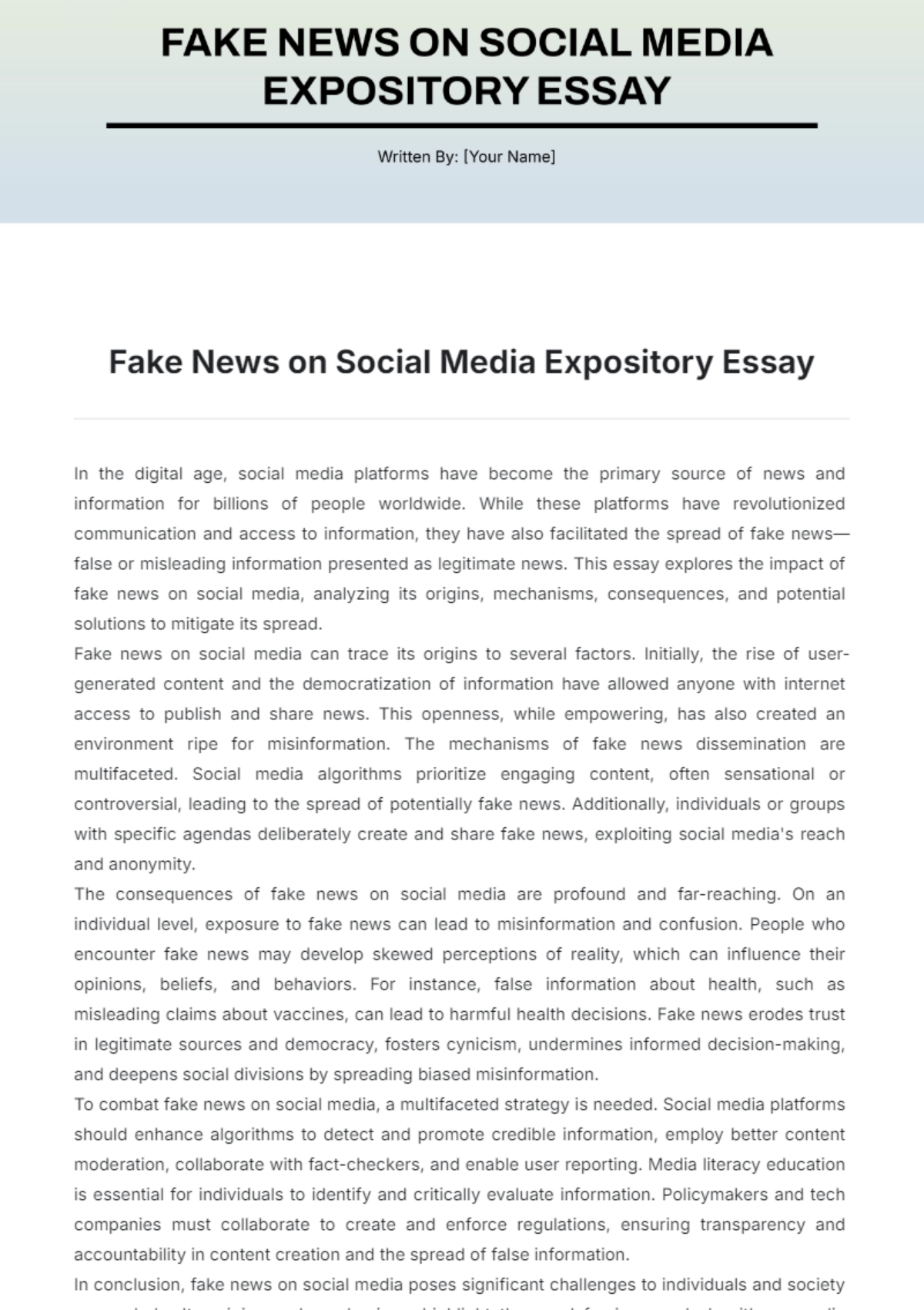
In the digital age, social media platforms have become the primary source of news and information for billions of people worldwide. While these platforms have revolutionized communication and access to information, they have also facilitated the spread of fake news—false or misleading information presented as legitimate news. This essay explores the impact of fake news on social media, analyzing its origins, mechanisms, consequences, and potential solutions to mitigate its spread.
Fake news on social media can trace its origins to several factors. Initially, the rise of user-generated content and the democratization of information have allowed anyone with internet access to publish and share news. This openness, while empowering, has also created an environment ripe for misinformation. The mechanisms of fake news dissemination are multifaceted. Social media algorithms prioritize engaging content, often sensational or controversial, leading to the spread of potentially fake news. Additionally, individuals or groups with specific agendas deliberately create and share fake news, exploiting social media's reach and anonymity.
The consequences of fake news on social media are profound and far-reaching. On an individual level, exposure to fake news can lead to misinformation and confusion. People who encounter fake news may develop skewed perceptions of reality, which can influence their opinions, beliefs, and behaviors. For instance, false information about health, such as misleading claims about vaccines, can lead to harmful health decisions. Fake news erodes trust in legitimate sources and democracy, fosters cynicism, undermines informed decision-making, and deepens social divisions by spreading biased misinformation.
To combat fake news on social media, a multifaceted strategy is needed. Social media platforms should enhance algorithms to detect and promote credible information, employ better content moderation, collaborate with fact-checkers, and enable user reporting. Media literacy education is essential for individuals to identify and critically evaluate information. Policymakers and tech companies must collaborate to create and enforce regulations, ensuring transparency and accountability in content creation and the spread of false information.
In conclusion, fake news on social media poses significant challenges to individuals and society as a whole. Its origins and mechanisms highlight the need for improved algorithms, media literacy, and regulatory measures. Addressing the spread of fake news requires a collective effort from social media platforms, educators, and policymakers. By fostering a more informed and critical online environment, we can mitigate the impact of fake news and uphold the integrity of information in the digital age.
- 100% Customizable, free editor
- Access 1 Million+ Templates, photo’s & graphics
- Download or share as a template
- Click and replace photos, graphics, text, backgrounds
- Resize, crop, AI write & more
- Access advanced editor
Investigate the effects of fake news on social media with this expository essay template from Template.net. Customizable and editable, it provides a clear framework for your research and analysis. Editable in our Ai Editor Tool, this template makes it easy to develop a well-structured and impactful essay.
